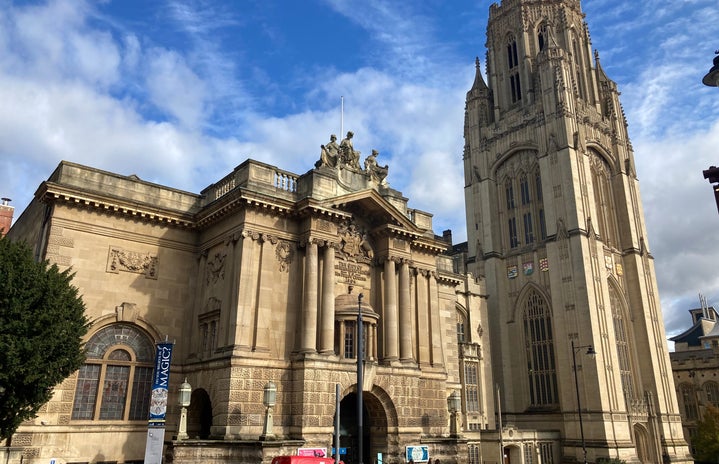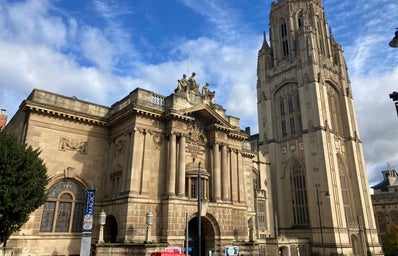Earlier this month, The Sunday Telegraph revealed in an exclusive report that Gavin Williamson was set to announce new measures designed to protect free speech. The Education Secretary has taken the decision in order to “fight unacceptable silencing and censoring” at universities.
While I agree with Mr. Williamson that academic freedom and freedom of expression are absolutely vital to the challenging debate and critical thinking that lies at the heart of university culture, I am less convinced by his notion that universities have become Orwellian landscapes where such freedom of expression has been banished.
A major source of controversy surrounding the freedom of speech debate on campus is about the power of Student Union’s to no-platform speakers. Williamson’s concern about this power is evident in the guidance that he has announced which specifically suggests that Student Unions would have to take steps to ensure lawful free speech for members and visiting speakers.
According to Each Other, The NUS introduced its no-platform policy in 1974 with the aim of preventing individuals or groups with racist or fascist views from speaking at NUS events.
In recent years, individual Student Unions across the country have also been using forming their own policies surrounding who they give a platform to.
For example, in 2018, students at the University of Bristol voted in favour of a motion entitled ‘confronting trans-misogyny on campus’ preventing Trans-Exclusionary Radical Feminist (TERF) speakers from having a platform on campus at the February Annual Members Meeting (AMM).
This policy was then ratified by the Student Council during their session in November 2018.
It is these types of no-platforming policies that Gavin Williamson and groups, such as Free Speech Societies within universities, believe are quashing freedom of expression. Yet, this argument seems to lack of thorough understanding of what freedom of expression actually means.
Article 10 of the European Convention on Human Rights grants us all the right to freedom of expression. It includes our “freedom to hold opinions and to receive and impart information and ideas without interference by public authority.”
Freedom of expression is known as a negative right which essentially means it is the duty of government and other public authorities to not interfere with the opinions we hold and how and when we exchange these opinions.
Under Article 10, public authorities can only enforce restrictions or penalties on how we express ourselves when this expression may incite crime and disorder. Restrictions can also be applied to protect the rights and reputations of other people, preventing the disclosure of confidential information, guaranteeing the impartiality of a judicial process and national security. All restrictions must be proportionate, lawful, and necessary.
Crucially, Article 10 provides no positive right to a platform meaning that neither government nor any other organisation is compelled to offer a platform to every individual or every view under the right.
Furthermore, Student Unions are private members’ clubs and universities are private institutions. They are well within their right to regulate which events, views, and speakers reflect their values and which do not.
In the above example, the members of Bristol SU democratically voted to no-platform TERF speakers. The motion was subject to vigorous debate and scrutiny as it had to pass at the AMM and also be ratified at Student Council. This shows that even when Student Unions make decisions about no-platforming, decisions are taken seriously and fairly.
The threat to freedom of speech is not a major issue facing universities at this time. The limitations of studying during a pandemic are. Why is Gavin Williamson not addressing the really urgent issues facing students during this unprecedented time?



